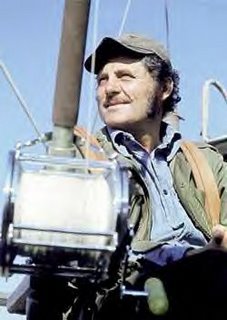Navy Picks P-3's Successor
The Navy has decided to replace the aging P-3 Orion maritime patrol aircraft with the Boeing 737. This is interesting to my son, John, an aging P-3 pilot. (Oops; strike the second "aging".)

Although the B-737 is a two engine jet, compared to the four engine turboprop P-3, it is a more capable plane. The Navy 737 has 23 percent more floor space than the P-3, and is larger (118 foot wingspan, versus 100 foot) and heavier (83 tons versus 61). Both can stay in the air about ten hours per sortie. Cruise speed for the 737 is 910 kilometers an hour, versus 590 for the P-3. This makes it possible for the jet to get to a patrol area faster, which is a major advantage when chasing down subs spotted by sonar arrays or satellites. However, the P-3 can carry more weapons (9 tons, versus 5.6). Both carry the same size crew, of 10-11 pilots and equipment operators. Both aircraft carry search radar and various other sensors. The 737 has, like the P-3, bomb hard points on the wings for torpedoes or missiles.

The Navy will get seven 737s modified for testing and training before production begins by the end of the decade.
Although the B-737 is a two engine jet, compared to the four engine turboprop P-3, it is a more capable plane. The Navy 737 has 23 percent more floor space than the P-3, and is larger (118 foot wingspan, versus 100 foot) and heavier (83 tons versus 61). Both can stay in the air about ten hours per sortie. Cruise speed for the 737 is 910 kilometers an hour, versus 590 for the P-3. This makes it possible for the jet to get to a patrol area faster, which is a major advantage when chasing down subs spotted by sonar arrays or satellites. However, the P-3 can carry more weapons (9 tons, versus 5.6). Both carry the same size crew, of 10-11 pilots and equipment operators. Both aircraft carry search radar and various other sensors. The 737 has, like the P-3, bomb hard points on the wings for torpedoes or missiles.




0 Comments:
Post a Comment
<< Home